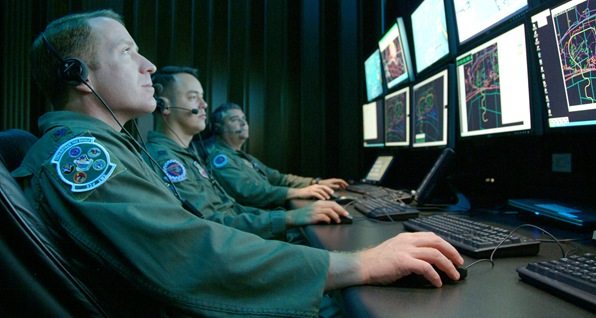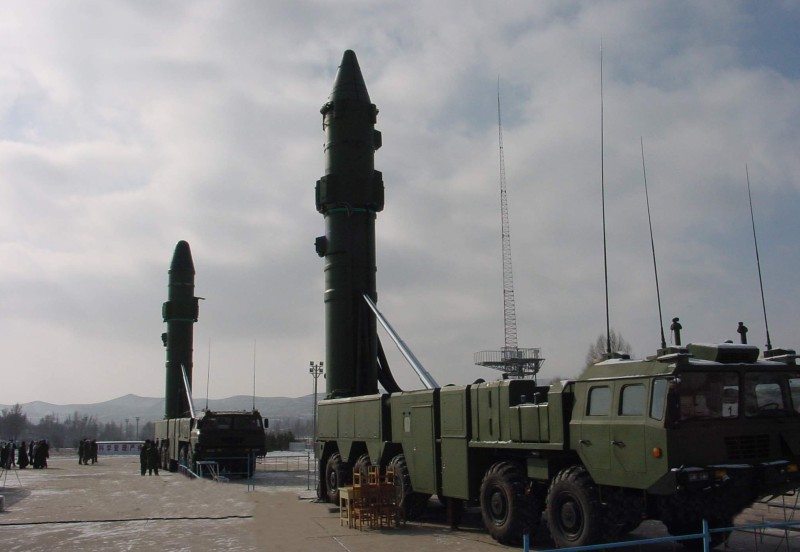PETERSON AIR FORCE BASE: In February, 17 students began the first intermediate network warfare training at the 39th Information Operations Squadron at Hurlburt Field, Fla.
The 42-day course began Feb. 2 and features a syllabus geared to the needs of cyber operators in the field, said 1st Lt. Michelle Buchholtz, the influence flight commander and instructor of the 39th IOS.
“Students learn advanced cyber operations fundamentals including policy, doctrine, employment, executing organizations and missions, operational functions, and law and ethics,” she said.
INWT is only open to Airmen who have completed initial skills training or supplemental skills training, either through the undergraduate network-warfare training course at Hurlburt Field, or the undergraduate cyber training course at Keesler Air Force Base, Miss. It is designed to provide network-warfare-operations initial qualification training for cyber operators to become cyberspace basic-mission qualified.
“Intermediate network-warfare training serves as initial qualification training for personnel actively defending global Air Force networks,” said Lieutenant Col. Brian Denman, the commander of the 39th IOS. “Our advanced cyber training forges the skills, capabilities and relationships, which will ensure a robust, professional cyber force prepared to execute the full spectrum of Air Force cyber operations.”
As these cyber operators progress through their training pipeline, they will focus on several critical areas including mission employment and coordination of network attack, network defense and network-warfare support activities, Lieutenant Buchholtz said.
As the cyber world is constantly changing, so is the course material, she said.
“The 39th IOS continuously revises current courses and develops new ones to keep pace with the rapidly changing information operations and cyberwarfare mission areas,” Lieutenant Buchholtz explained.
Since this is the first iteration of the INWT course, the validation phase, feedback received from the graduating students will help refine and tailor course material to the dynamic cyberwarfare mission for future iterations of the class, she said.
Lieutenant Buchholtz concluded that schoolhouse officials hope to host eight INWT courses per year with an average of 24 students each, and adequately train cyber operators who can meet the demands of the cyber warfare mission and embrace the essential concepts that cyber operators must understand to be successful in the dynamic cyber domain.











